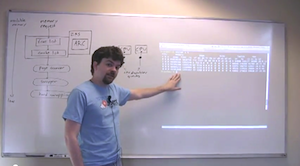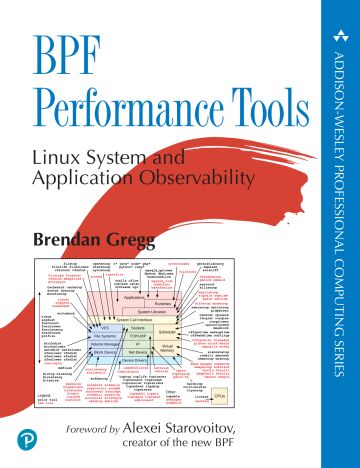I originally posted this at http://dtrace.org/blogs/brendan/2012/08/12/dtrace-training.
I've been developing a 2 day DTrace training course, which I'll deliver in San Francisco on September 6th this year. The course materials include a copy of the DTrace book, written by myself and Jim Mauro.

This course focuses on how to use DTrace: In particular, how to analyze performance issues and troubleshoot mysterious errors. It includes techniques and methodologies for approaching real-world issues, including workload characterization and latency analysis. The hardest part when learning DTrace isn't the syntax (which is awk-like, and covered in the DTrace guide), but knowing what to do with it, which is the focus of this class.
This course is suitable for a variety of backgrounds and environments, including sysadmins, support staff and developers, and those working in SmartOS or other operating systems with DTrace. Each student will have access to a SmartMachine (similar to a Solaris Zone) with DTrace for performing the labs and exercises during class.
While I'd love to make this a longer class (five days!), I know that it can be hard for people to take five days away from their regular work for training. I have kept this course as compact as possible, focusing on material which is most effectively learned in person, in the classroom. At some point we may be able to offer a follow-on DTrace class to cover additional topics, including kernel internals.
There is a wide variety of training styles in IT worldwide. Our aim is:
- Expert instructors, with years of real-world experience
- Up-to-date content
- Numerous live demonstrations (data projector)
- Hands on labs
- Questions, including problems from work, welcome
I've run training in the past where students have replicated tough issues from their work, and had me, the instructor, solve them live on the data projector. It can make for compelling and instructive demonstrations - not just to see the strategies that work, but also those that don't, and the thought process I use to step through them.
These are some of the reasons that the skill and experience of the instructor are so important in IT training, and it's a good idea to know who your instructor will be before you sign up for a course. In this class you are getting me; in Geneva on September 13th you'll get Max Bruning, my colleague who is also a DTrace expert and experienced instructor. There are currently no more DTrace classes planned other than these two.
We hope to see a number of you (up to 12) in my class in a few weeks in San Francisco - or Max's soon after!

